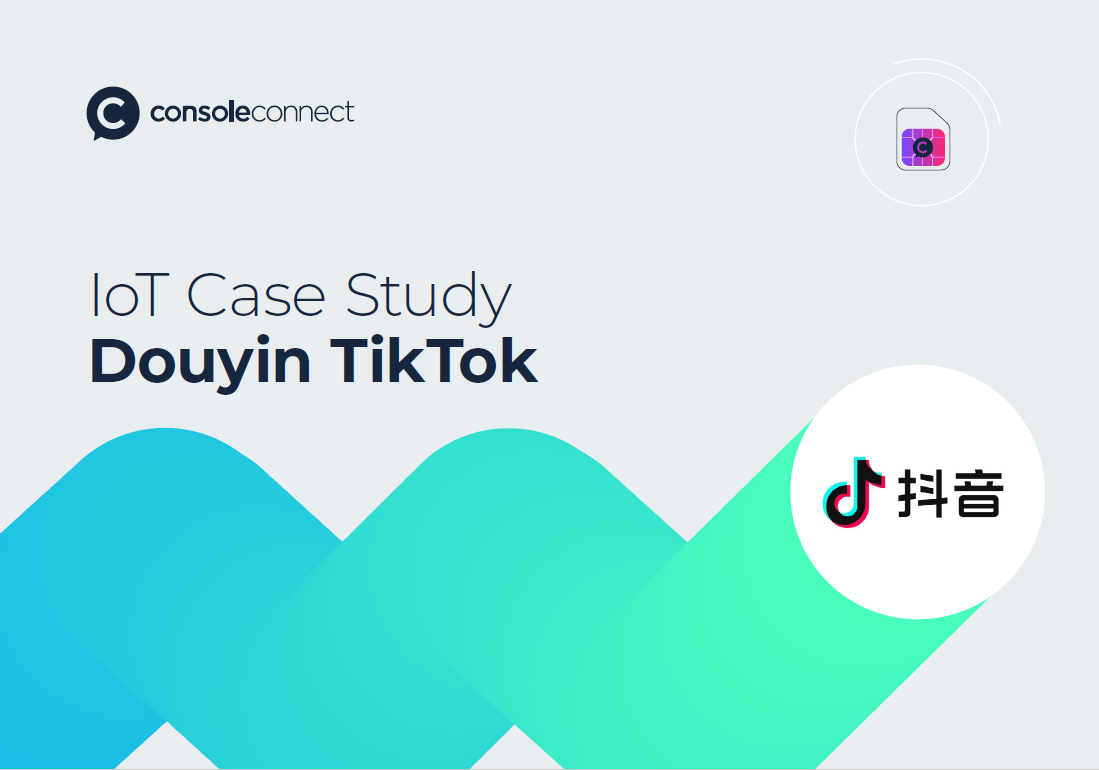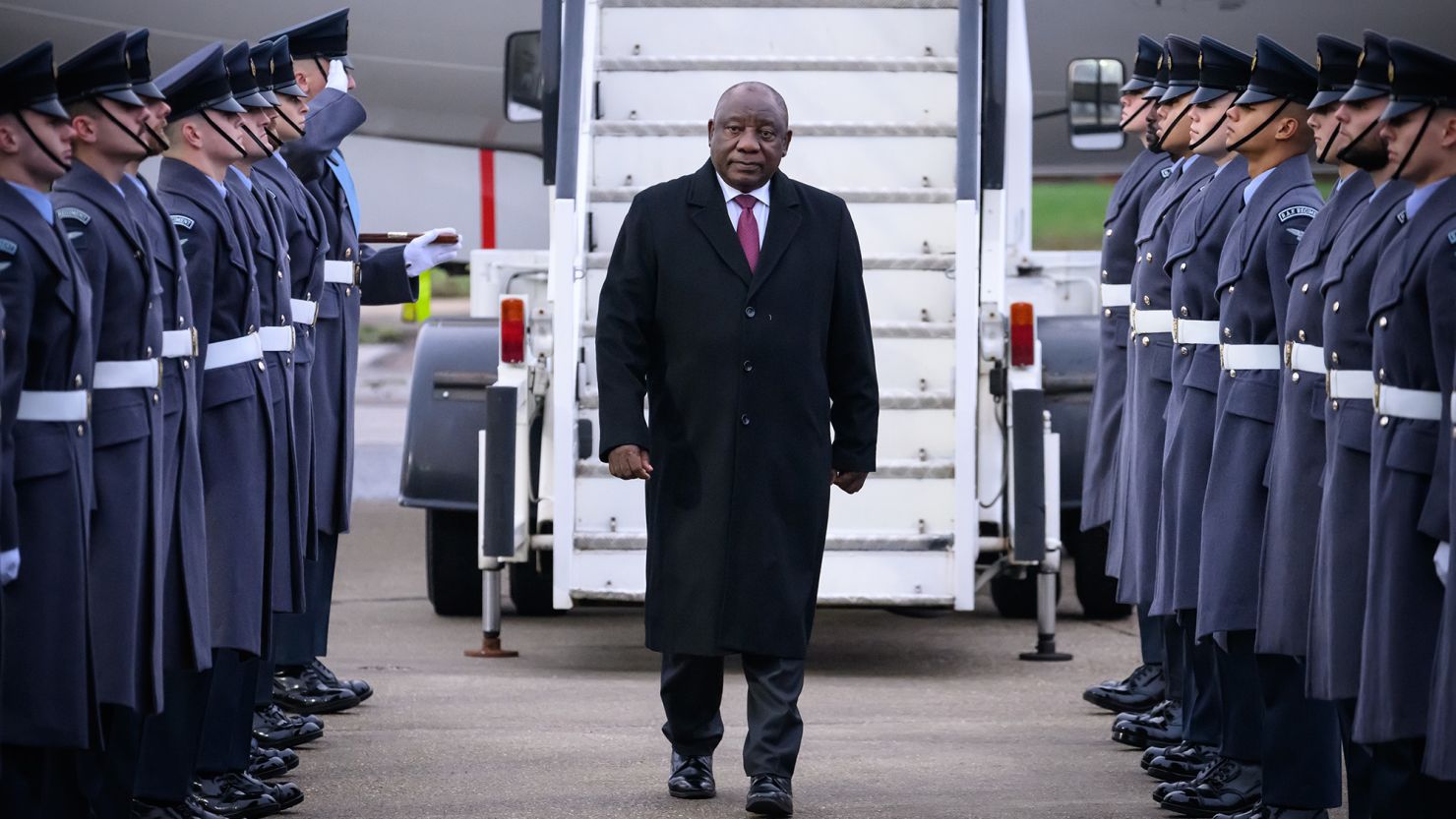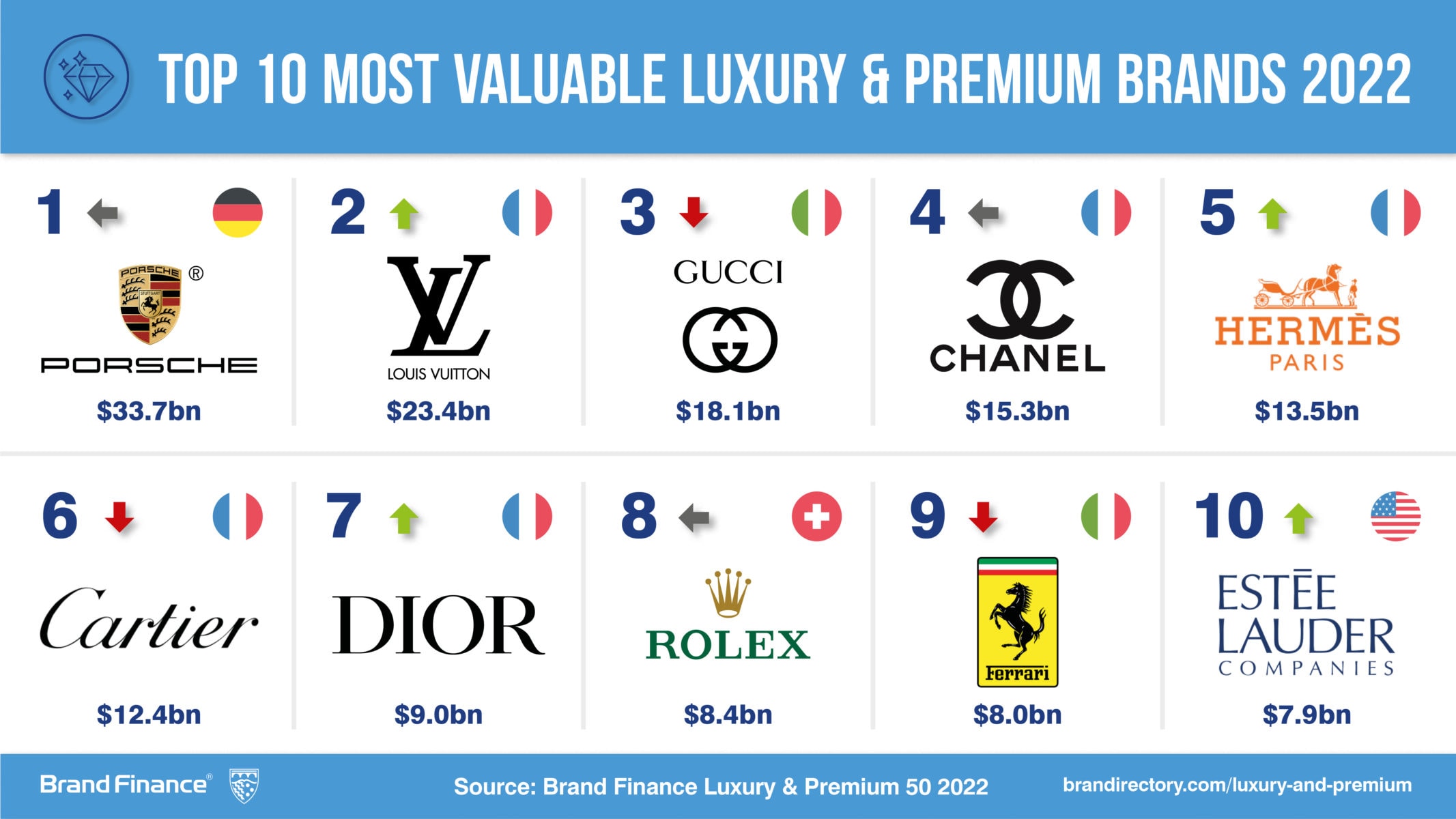Trump Tariffs And TikTok: A Case Study In Circumvention

Table of Contents
The Genesis of the Conflict: National Security Concerns and Tariffs
The conflict between the US government and TikTok stemmed from a confluence of national security concerns and the strategic use of tariffs.
National Security Concerns
The US government expressed serious concerns regarding TikTok's data handling practices and potential ties to the Chinese government. These concerns included:
- Data privacy vulnerabilities: Concerns existed that user data collected by TikTok could be accessed by the Chinese government, potentially compromising sensitive personal information.
- Potential for censorship: Fears arose that the Chinese government could exert pressure on TikTok to censor content or suppress dissenting voices.
- Influence operations: There were concerns about the potential for TikTok to be used for influence operations or propaganda campaigns by the Chinese government.
These data security and national security risks, centered around Chinese government influence and censorship concerns, fueled the US government's actions.
The Imposition of Tariffs (and Threats Thereof)
Tariffs, specifically Section 301 tariffs, were considered (and in some instances, implemented) as a tool to pressure ByteDance into addressing these national security concerns. While direct tariffs weren't solely levied against TikTok, the threat of broader trade restrictions and economic sanctions loomed large, creating a powerful incentive for ByteDance to seek a solution.
- Impact on US operations: The threat of tariffs could have significantly impacted TikTok's operations in the US market, potentially leading to restrictions on its app store availability, advertising revenue, and overall user base. This economic pressure played a significant role in shaping ByteDance's response.
- Trade war impact: The actions against TikTok became another facet of the broader trade war between the US and China, highlighting the interconnectedness of technological competition and trade policy.
ByteDance's Circumvention Strategies: The Oracle and Walmart Deal
Faced with potential bans and significant economic repercussions, ByteDance explored various strategies to circumvent the US government's concerns, culminating in the proposed deal with Oracle and Walmart.
The Proposed Deal
The proposed deal aimed to address US national security concerns by restructuring TikTok's ownership and data handling practices. The plan involved:
- Oracle's role: Oracle was to become TikTok's technological partner, handling data security and infrastructure in the US. This involved hosting user data on Oracle's servers within the US and implementing robust data security measures.
- Walmart's role: Walmart was to take a minority stake in the new US entity, bringing its retail expertise and market reach to the table. This aimed to bolster trust and demonstrate a commitment to US interests.
- Intended ownership structure: The envisioned structure was designed to create a new US-based entity, ostensibly independent from ByteDance’s control, though the exact extent of this independence remained a point of contention.
This multifaceted approach attempted to appease concerns related to data sovereignty, utilizing technological solutions to build trust with US regulators.
Shortcomings and Challenges of the Deal
Despite its ambitious goals, the Oracle and Walmart deal faced significant shortcomings and ultimately failed to achieve its original form.
- Data access concerns: Concerns remained about ByteDance’s continued access to US user data, even with Oracle handling data hosting. The lack of complete algorithmic transparency fueled suspicion.
- Continuing ByteDance influence: Concerns lingered about the extent of ByteDance’s influence over the new entity, despite the purported transfer of ownership.
- Regulatory hurdles: Navigating the complexities of US regulatory hurdles and national security reviews proved challenging, leading to delays and uncertainty. The deal faced significant opposition and scrutiny from various stakeholders.
Legal Battles and Ongoing Challenges
The attempt to circumvent the Trump tariffs resulted in a protracted legal battle with significant implications.
Legal Challenges Faced by TikTok and ByteDance
ByteDance and TikTok faced numerous legal challenges in their efforts to maintain operations within the US.
- Lawsuits and regulatory hurdles: The company was embroiled in numerous lawsuits and regulatory battles, impacting its ability to operate and invest in its US business.
- Executive orders and court decisions: Executive orders issued by the Trump administration and subsequent court decisions further complicated the situation, creating an environment of legal and regulatory uncertainty.
- Lobbying efforts: ByteDance and TikTok engaged in intensive lobbying efforts to influence policy decisions and navigate the complex regulatory landscape.
Impact on International Business and Global Data Governance
The TikTok case study has far-reaching implications for international business and global data governance:
- Implications for other tech companies: The experience served as a cautionary tale for other tech companies with ties to China, highlighting the challenges of navigating US national security concerns and international trade regulations.
- Challenges of international data flows: The case underscored the complexities of managing international data flows and the need for clear and consistent regulations.
- Impact on foreign direct investment: The protracted legal battles and uncertainty created significant challenges for future cross-border investments in the tech sector. Concerns over data sovereignty and national security led to increased scrutiny of foreign direct investment from countries deemed to pose national security risks.
Conclusion
The Trump administration's approach to TikTok, leveraging tariffs and national security concerns, offers a complex case study in the difficulties of circumventing international trade restrictions. While the attempted sale to Oracle and Walmart aimed to address US concerns, it ultimately highlighted the challenges of balancing economic interests with national security considerations. This saga emphasizes the need for clear, consistent, and transparent international regulations regarding data security and cross-border data flows. The TikTok case demonstrates the far-reaching implications of trade disputes and the intricate interplay between national security, economic policy, and technological innovation. Further research into similar cases involving Trump tariffs and strategies to circumvent them is crucial for navigating the complex landscape of global trade. Understanding how companies responded to these challenges will help future businesses anticipate and better manage the risks associated with circumventing tariffs and navigating evolving national security concerns.

Featured Posts
-
 1 Billion Funding Cut Exclusive Look At Trumps Harvard Dispute
Apr 22, 2025
1 Billion Funding Cut Exclusive Look At Trumps Harvard Dispute
Apr 22, 2025 -
 Chinas Impact On Luxury Car Brands Bmw Porsche And Beyond
Apr 22, 2025
Chinas Impact On Luxury Car Brands Bmw Porsche And Beyond
Apr 22, 2025 -
 The Papal Conclave A Test Of Pope Franciss Reform Efforts
Apr 22, 2025
The Papal Conclave A Test Of Pope Franciss Reform Efforts
Apr 22, 2025 -
 Land Your Dream Private Credit Job 5 Dos And Don Ts To Follow
Apr 22, 2025
Land Your Dream Private Credit Job 5 Dos And Don Ts To Follow
Apr 22, 2025 -
 Stock Market Valuation Concerns Bof As Perspective And Reassurance For Investors
Apr 22, 2025
Stock Market Valuation Concerns Bof As Perspective And Reassurance For Investors
Apr 22, 2025
